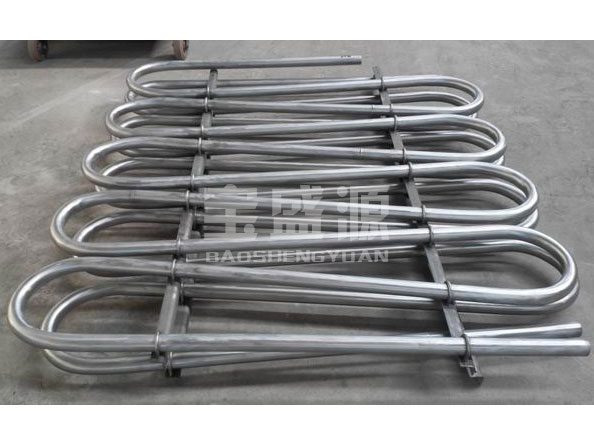首頁 > English > Products > Device class

equipment
Identifier:
Model:
Technical:
Titanium and its alloys have the advantages of light weight, high specific strength and good comprehensive mechanical properties. It has stronger passivation than chrome, nickel and stainless steel. The formed passivation film has very high chemical stability and is subject to mechanical damage. In a certain oxidizing atmosphere can also be self-healing, repair as ever. Therefore, titanium is extremely resistant to corrosion in many active media, especially in oxidizing media and chlorine and chloride. Chloride and other media have the best corrosion resistance. In China, titanium began to be used in the chlor-alkali industry in the early 1970s. It has achieved remarkable economic benefits and is known as a major anti-corrosion revolution in the chlor-alkali industry.
Ionic membrane production of caustic soda has good product quality. Alkali contains low salt, raw materials and energy consumption, environmental pollution, production strength, high level of automation, is the world's most recognized technology is the most advanced. The most economical production method. Since 1986, there have been nearly 40 ion-exchange membrane caustic soda plants in China. With the continuous expansion of ion-exchange membrane production caustic soda technology in the chlor-alkali industry, the use of titanium equipment is also increasing. The application of titanium equipment in the ion-exchange membrane caustic soda industry is described below using the production equipment of Zhejiang Shangao Chemical Co., Ltd. as an example. .
1 Application of titanium equipment
In the ion-exchange membrane caustic soda production plant, titanium is mainly used in equipment and pipelines for secondary refining, electrolysis and dechlorination, chlorine treatment and other systems of brine.
2 Points to note when using titanium equipment in the chlor-alkali industry
(1) Titanium cannot be used in dry chlorine gas. Titanium is in chlorine, even if the temperature is below 0 ° C, violent chemical reactions will occur, resulting in the formation of titanium tetrachloride, and then decomposed into titanium dichloride, and even corrosion combustion. To maintain the stability of titanium in chlorine, the moisture content in chlorine should not be less than 0.5%.
(2) Under normal circumstances, titanium will not have pitting corrosion, intergranular corrosion and stress corrosion, but titanium is more prone to crevice corrosion, especially in the gap width of about 0.5mm easier to corrosion. Crevice corrosion often occurs at the junction of the tube and tube plate of the heat exchanger, the contact between titanium and non-metal gaskets, and is also susceptible to crevice corrosion in saturated brines with temperatures above 120°C. Prevent crevice corrosion can take the following measures: 1 equipment to avoid the existence of gaps and stagnation area; 2 using titanium palladium alloy flange welding ring, or titanium gasket and titanium packing gasket; 3 heat exchanger with titanium tube and tube plate The connection uses strength expansion seal welding.
(3) After titanium equipment is contaminated with iron, it will reduce its corrosion resistance and cause embrittlement through hydrogenation. The more serious it is contaminated with iron, the more hydrogen is absorbed by titanium, and therefore is processed. When repairing and maintaining titanium equipment, steel tools should not be used as much as possible.
It can be foreseen that helium equipment will have a broader application prospect with the development of the chlor-alkali industry.
